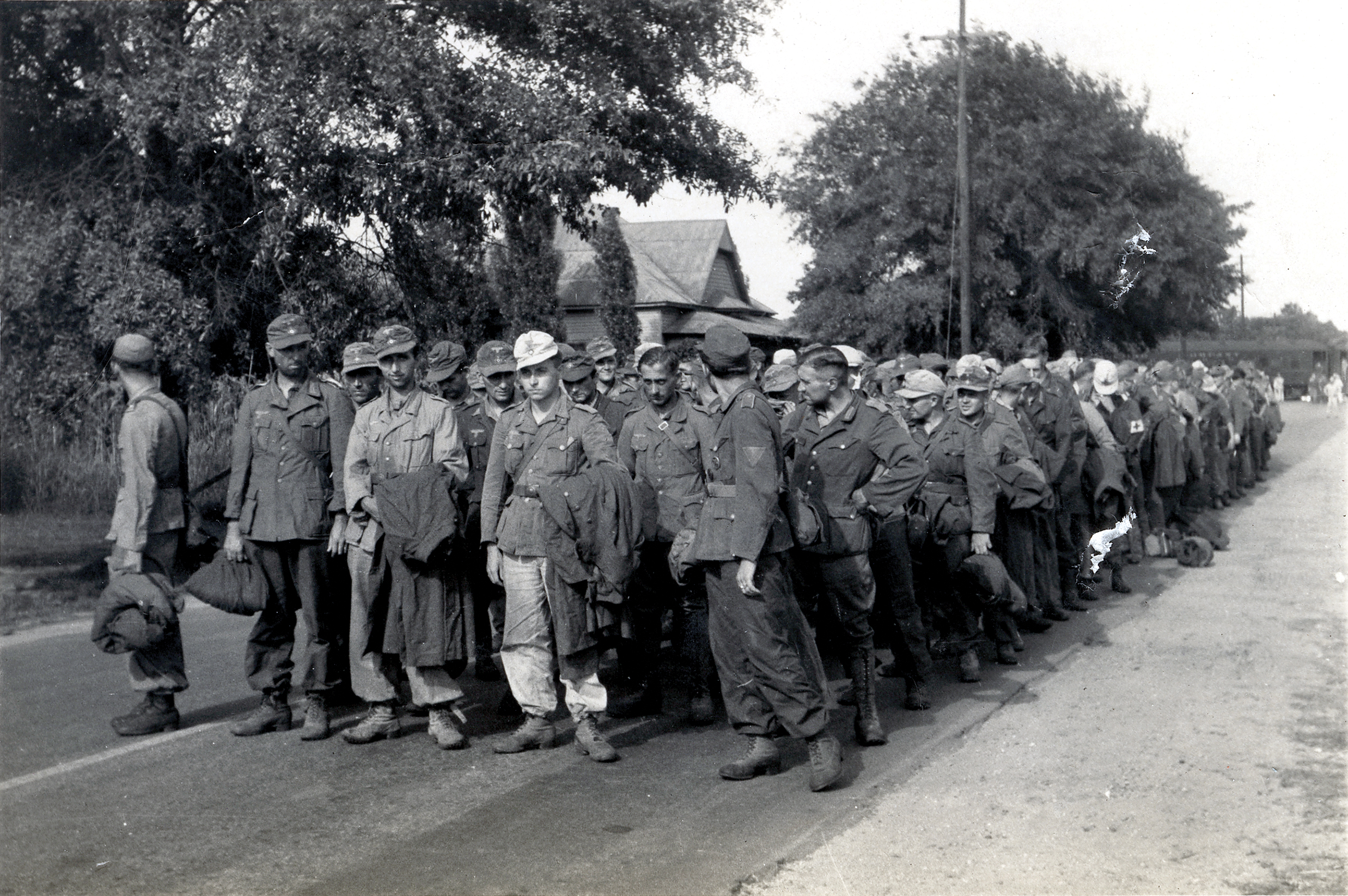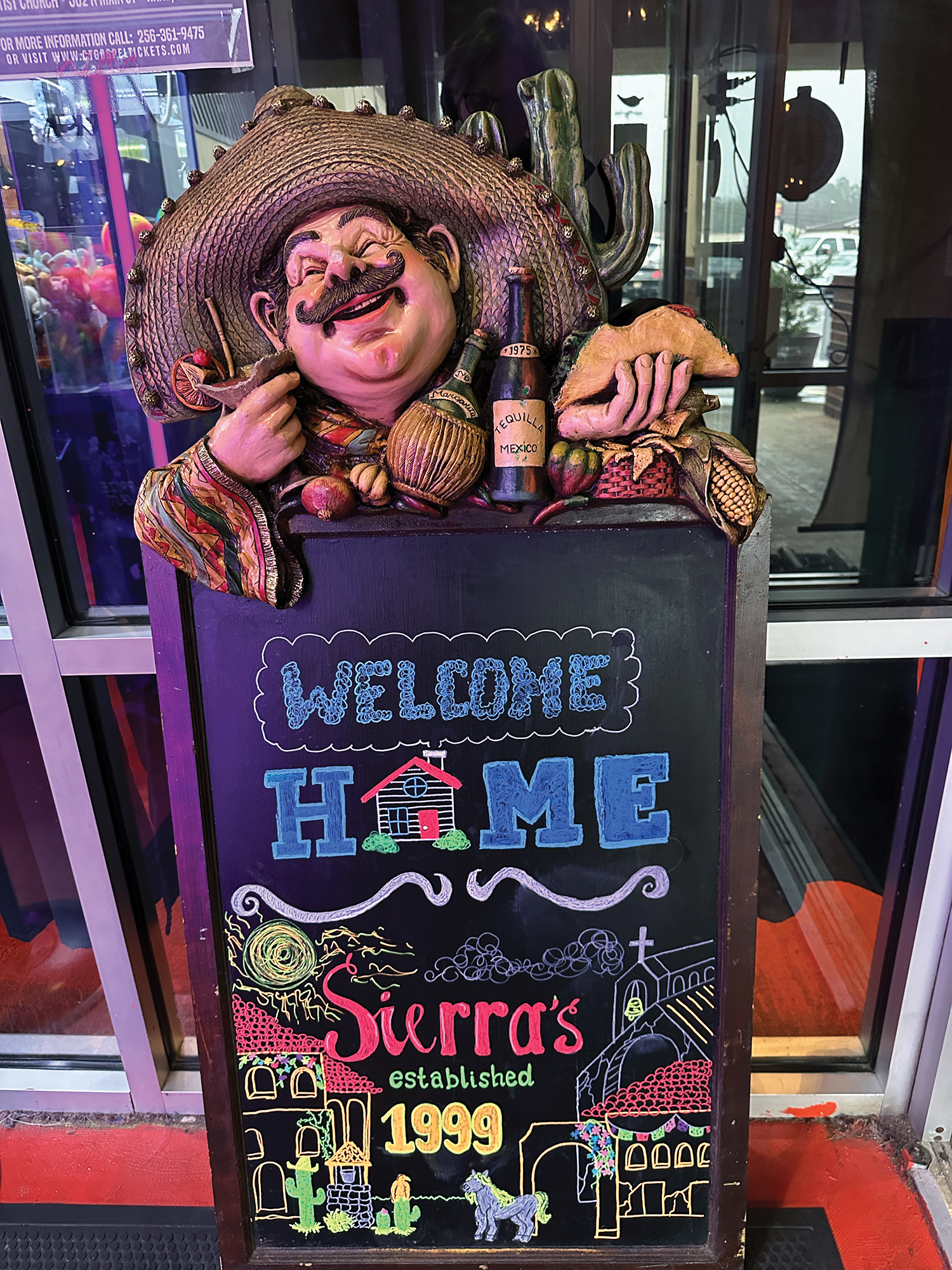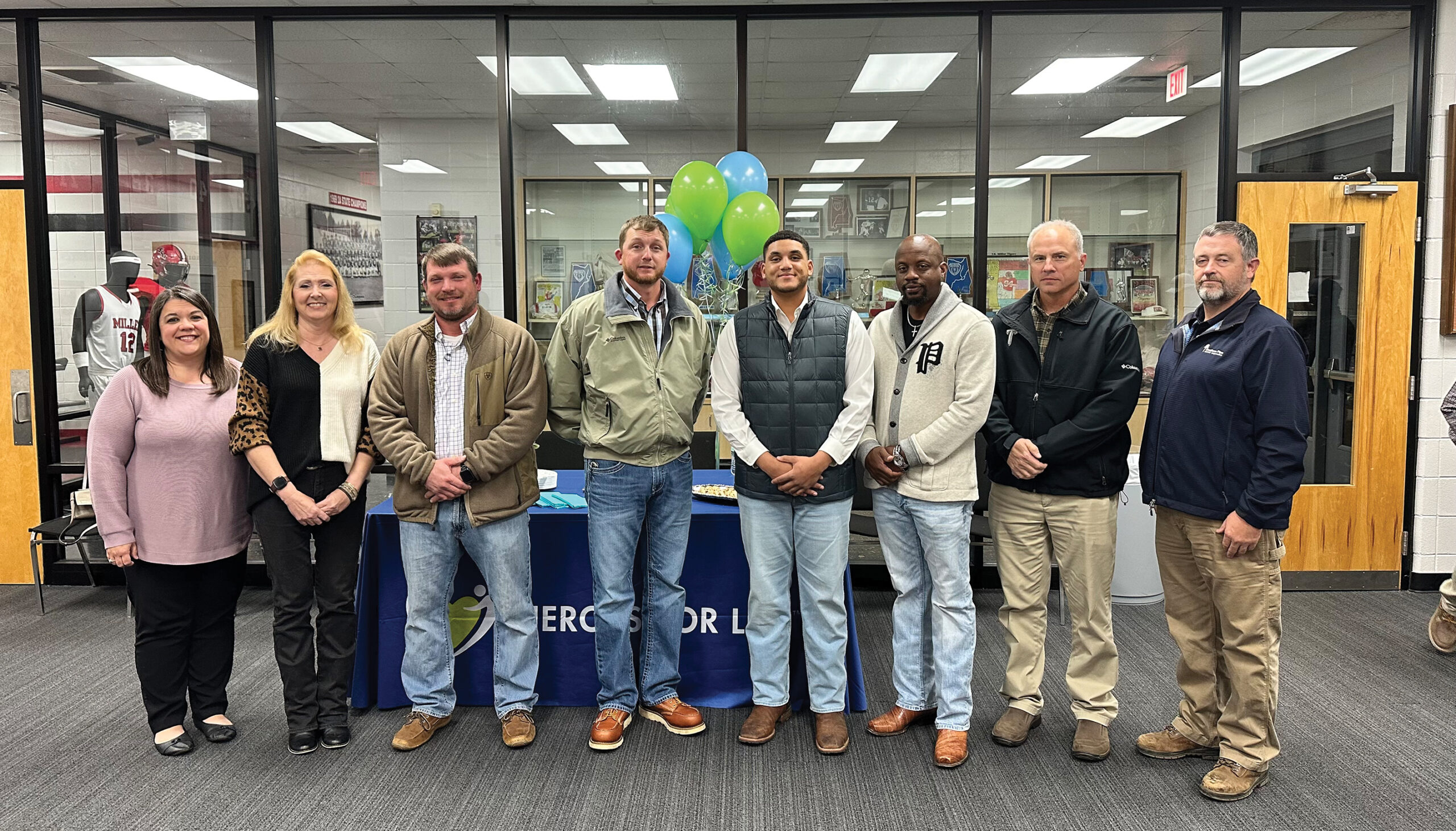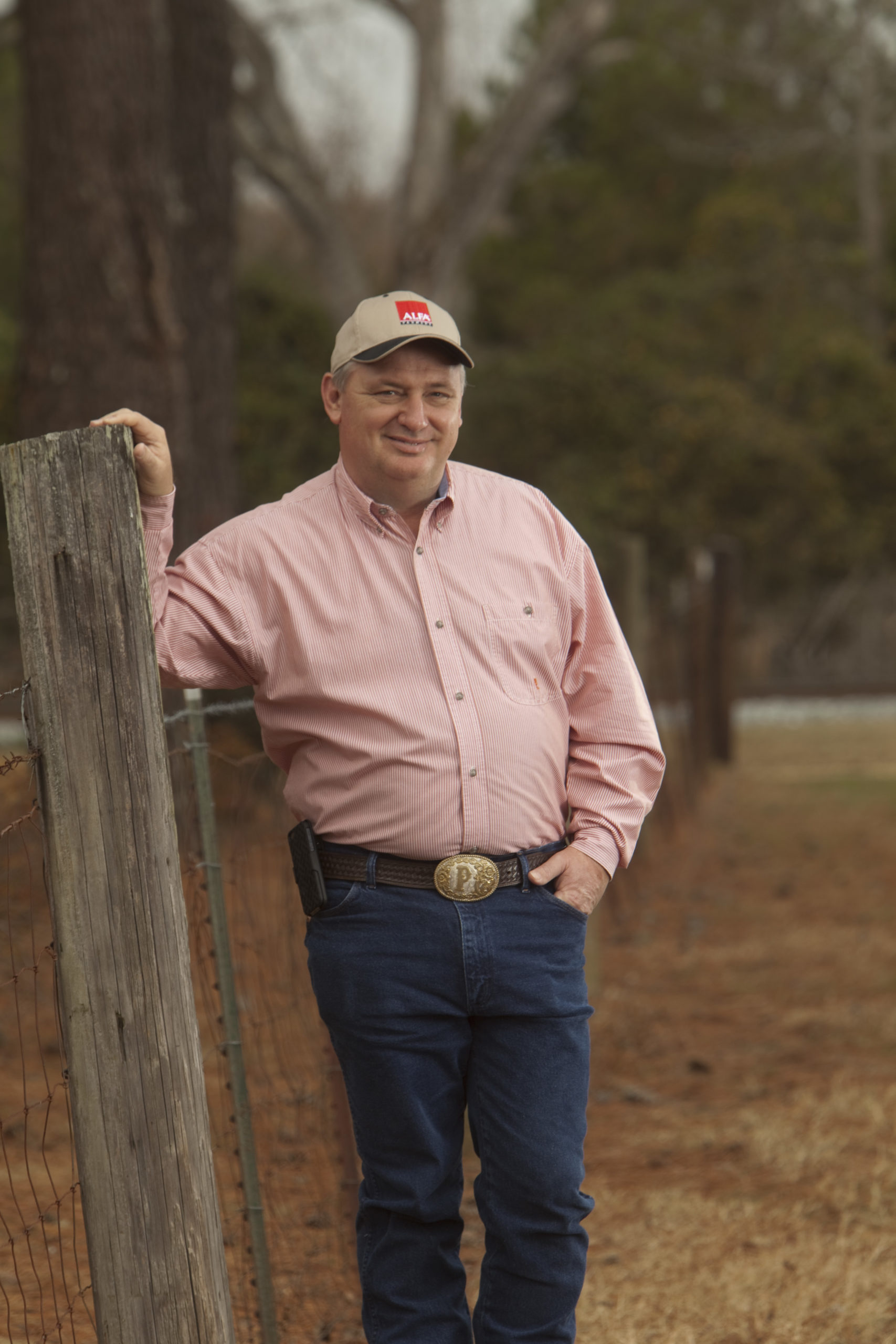 Jimmy Parnell has been president of the Alabama Farmers Federation and CEO of Alfa Insurance since 2012. He is a fifth-generation farmer who grew up on his family’s Chilton County farm where they raised cattle and grew timber. He is a graduate of Auburn University. He and his family were named Outstanding Young Farm Family of Alabama in 1999. He is a longtime friend of our rural electric cooperatives, and took time out of his busy schedule to answer a few questions for our food and agriculture issue. — Lenore Vickrey
Jimmy Parnell has been president of the Alabama Farmers Federation and CEO of Alfa Insurance since 2012. He is a fifth-generation farmer who grew up on his family’s Chilton County farm where they raised cattle and grew timber. He is a graduate of Auburn University. He and his family were named Outstanding Young Farm Family of Alabama in 1999. He is a longtime friend of our rural electric cooperatives, and took time out of his busy schedule to answer a few questions for our food and agriculture issue. — Lenore Vickrey
You’ve been in the farming business all your life. How did growing up on a cattle farm help you in your position as president of the Alabama Farmers Federation and as CEO of Alfa Insurance?
It taught me work ethic. Farming also taught me how to think and deal with a lot of factors on the farm. Challenges come at different times and different speeds. You have to be able to think through problems and make decisions.
The values you grow up with on the farm are very valuable — family values, Christian values — in my mind, they kind of go together. I also believe farming, business and life is about relationships. We all depend on others and notice it especially during a crisis.
On the farm, I also learned to work with people, employ people and motivate them. You learn to understand people’s abilities and areas for growth.
What is your fondest memory of living and growing up on the family farm?
I don’t have a single fondest memory. It was just life in general. Anytime you’re on the farm, you have the downs — your best cow dies or your best bull breaks his leg. But then you have the good things — like a new calf. The highlight of my childhood was time spent with my grandmother (Verna Lou Parnell). She spent a lot of time with me. She loved to farm and taught me how to do so many things.
You first thought you’d like to be a veterinarian but changed your plans at a critical time for the farming industry in the 1980s. What caused you to change your decision?
My sixth chemistry class was a buzz saw. It made me take a step back and re-evaluate. The main thing, though, was I just decided my real desire was to farm and run the family business. That’s where I thought I was needed at the time, and I would tell you I’m confident I made the right decision. You don’t always know when you’re going through those decisions as a young person, but you can look back later and see whether it was right or wrong.
In my lifetime, the ‘80s were the darkest time for agriculture. It was tough. It really started late ‘70s but the early ‘80s were the worst of it. I don’t know of anyone I was in agricultural economics with at Auburn University who went back to the farm except me.
Our family was a little different because we were diversified. Forestry, perhaps, wasn’t as impacted as row crop farming. What I realized when I got back to the farm was what looked bad was actually an opportunity. I was able to buy land at a really good price, which laid the groundwork for our family’s future.
Given your current job, how involved are you able to be with your family farm these days? Do you miss that?
I do miss the farm. I love the farm. That’s where I go to get my stress relief. Me and my wife Robin raised our children, James Robert and Anna Grace, on the farm, and there’s no place I’d rather be. On weekends and when I’m off, I want to be working cows or doing something on the farm. I’m still involved in decision making but not as much on a daily basis. My brothers (Joseph and Jeff) are seeing after the timber business and James Robert manages the cattle farm. It’s a growth opportunity because they are learning different aspects of the business and trying new ideas.
What are the main challenges facing the farming industry today and looking down the road?
The biggest thing right now is the lower commodity prices and higher expenses. We went through a few years when commodity prices were higher and technology was coming of age. Implementing technology made work simpler, but raised input costs.
The other challenges are acceptance of products we deliver today by people who are not involved in agriculture and lack an understanding of how food is produced. We have to feed the world, but we somehow have to explain to the world that what we are producing is a good product. We’ve lost that connectivity to the world.
The regulatory environment is getting better over the last year or so, but it’s still very burdensome. It really boils down to needing a better knowledge base among the public. If the electorate has a better understanding of agriculture, they will elect people who have a more balanced approach to regulation.
American agriculture produces about 30 percent more product than we can consume in the U.S., so we have to continue working on the ability to market our products to the world. We also hear the world is going to need more food in the next 20 years. It seems like these should work together. If we can figure out how to grow the food and the rest of the world can figure out how to pay for it, there is great opportunity for farm families.

